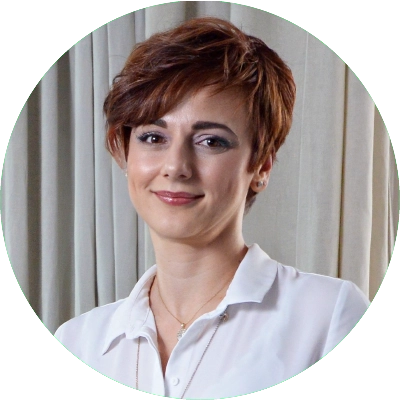Media and Advertising Market Trends of Bulgaria in 2021
The economic environment
The economic situation of Bulgaria had remained uncertain by the end of 2021, with a rising inflation of the highest levels of the last nine years. As a result of the process of recovering from the pandemic, high energy prices, staff shortages and disrupted supply chains began to be felt by companies and (end) customers as well. As the communication sector acts as a litmus-paper test of the economic and political situation in a country, the economic environment posed quite a few challenges for everyone in the communications industry in Bulgaria last year.
The political environment
2021 was one of the most dramatic years in the country's recent history, marked by anti-government protests, the resignation of the government, the appointment of a caretaker cabinet and three rounds of general elections during the year (the last one held together with the presidential election). The inability to form a government twice in a row delayed state-level economic decisions that had a direct impact on businesses.
Although the media gained some unexpected income from the pre-election campaigns, the economic instability created such preconditions that let them fall under the influence of businesses that in turn sometimes are tied to politics. According to a report by the Reuters Institute for the Study of Journalism, only 15% of Bulgarians believe that the media are independent of businesses or politics. And no significant progress has been made regarding one of the main problems of the Bulgarian media landscape: the creation of effective mechanisms that would allow media ownership to be more transparent.
The local media market
The year of 2021 did not bring solutions to all industry problems, but agencies, media and advertisers met the challenges better prepared and with lessons learned. Investments in advertising were reaching and in many sectors exceeding the levels of 2019, and most of the largest communication companies on the market defined the year as successful. While the total ad spending fell by 1.4% in 2020, it was estimated to be 10.3% higher in 2021. No change was observed in the share of different media types, TV holding the leadership with cca. 54%.
From a media ownership perspective, 2021 was marked by one of the largest mergers and acquisitions. United Group, the leading multi-play telecoms and media provider in South-Eastern Europe completed the acquisition of Bulgaria’s largest multi-platform media company, Nova Broadcasting Group from Advance Media Group – together with the media assets of one of Bulgaria’s lawmakers. As a result, it got the potential to create Bulgaria’s largest media conglomerate.
Trends of media consumption
Despite the fact that lockdowns did not keep people at home any longer, there was no dramatic change in the overall media consumption habits in 2021. Almost all target groups reduced their average TV-viewing time a bit, but it still was higher than in the pre-COVID era. The same applies to audience preferences in terms of TV-programming: reality shows, movies, series and sports were the most popular. It seems that the newest TV-viewership habits are here to stay, and the reign of television continues to flourish despite its fight with online media for the audience’s attention. Television reported a decline only as news source – taken over by online media.
Digital consumption continued skyrocketing – thanks to news and videos and to the fact that new age cohorts appeared online. After nearly two years when people were confined within the four walls, they all have learned and used to work, study and shop online. E-commerce accelerated further, yet mostly for the apparel, furnishing, cosmetics and food delivery sectors. Despite the fact that physical contact was no longer considered a risk, communication via social networks remained active. 63% of the total Bulgarian population was present on social media in 2021 (vs. 62% in 2020) and women’s activity is noteworthy. Generation X females are hardcore “facebookers”, while the keenest “instagrammers” are younger women (18-34), usually with a mobile in hand. In fact, most websites were mobile-driven. Regarding all other media types, there is not much to mention – they are still captured by the status quo.
Published: May 5, 2023

